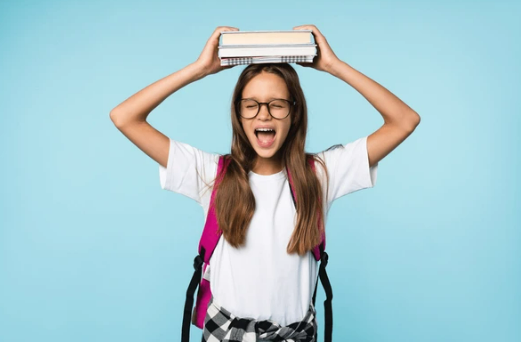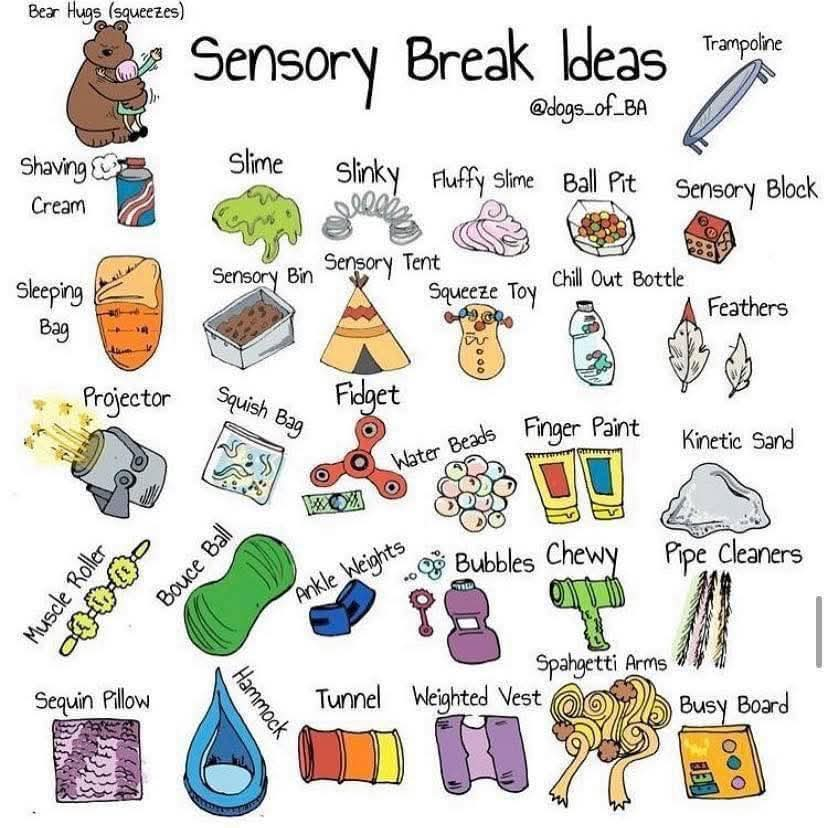After school overload

After school overload for children with Additional Learning Needs
It can be common for children and young people with additional needs to feel overwhelmed following a day at school.
They have often held things together all day whilst being constantly bombarded with demands, information, sensory stimuli, social expectations, problem solving and organisational tasks.
When they leave school they can be teetering on the edge of emotional overload and often, home is a safe space where they can allow all of their emotions to come out. This can sometimes be referred to as the “coke bottle effect” or “the pressure cooker“.
One of the most effective strategies that can help reduce the likelihood of them “tipping over” is time to decompress throughout the day. However this doesn’t always happen in school, so there are some tips that families can try to support your child when they get home.
Communication
When they first come out of school or arrive home, try to refrain from asking them questions about their day.
• Try to refrain from giving direct instructions.
• Instead, you could try some non-verbal communication to check how their day has been, for example by using simple hand signs:
Yes/Ok/Good Day No/Not Ok/Bad Day

• If they want to speak to you, try to ensure you do not speak over them or interrupt them.
• They may want to hug you, but they may also want personal space.
Try to allow for whatever your child needs at that time.
Routine
Have a clear and consistent after school routine. This could be displayed visually or in writing to act as a reminder for your child or young person.
• Consider the order in which things are done, so that they work well for the whole family.
• As your child gets older they may benefit from having more awareness and control of the order in which things are done, such as doing their homework after dinner, or having a shower before dinner.
Sensory activities
Ensure that they have time to relax in a way that they choose, straight away.
It may be helpful to consider the sensory input that is being delivered. Depending on their sensory needs, some children may require reduced sensory stimuli whilst others may need increased sensory stimuli.
Examples of reduced sensory activities may include:
• Sitting or laying still in a darkened room where it is quiet
• Using a weighted blanket/cushion
• Drawing or colouring
• Listening to calming music
• Reading a story
• A bath or shower
• Deep pressure hug or massage
Examples of increased sensory activities may include:
• Hanging upside down
• Spinning
• Messy play
• Dancing
• Singing
• Exercise balls
These may also help to regulate their emotions.

If you need any help regarding after school overload, feel free to contact 'Kolourful Unique'.
We are more than happy to help!
'Kolourful Unique' team


